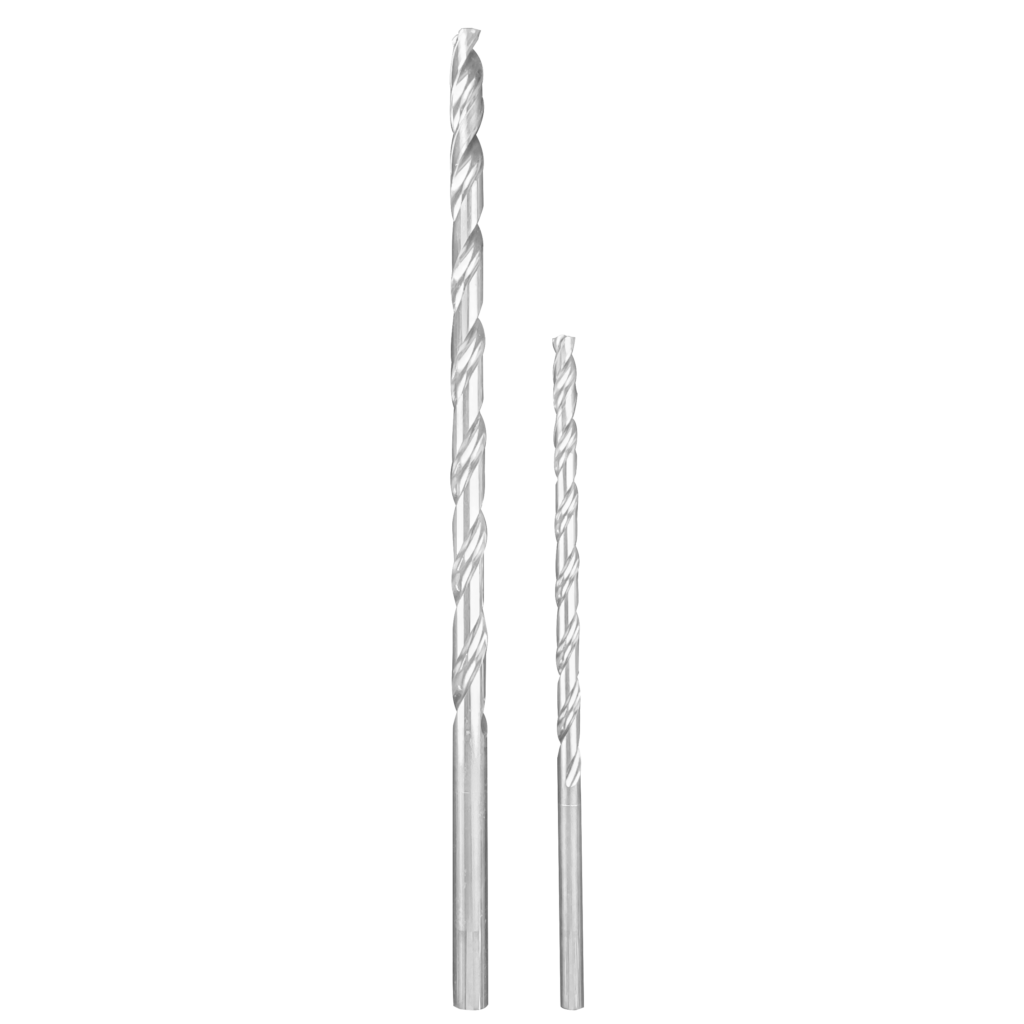The Hidden Cost of Cheap Drill Bits in CNC Aluminum Machining
Every CNC operator knows the frustration: drill bits that dull too quickly, chip clogging that ruins finishes, and unexpected tool failures that halt production. When working with aluminum—a material known for its gummy, abrasive nature—standard drill bits simply can’t keep up. The Best Aluminum Carbide Drill Bits for High-Speed CNC aren’t just another tool; they’re the difference between costly downtime and flawless, high-efficiency machining.
For procurement specialists, these bits mean fewer reorders and lower tooling costs. For wholesalers, they represent a high-margin, high-demand product. And for CNC machinists, they deliver the precision and longevity needed to meet tight tolerances without constant bit changes.
1. Ultra-Hard Carbide Construction: 5X Longer Tool Life
Standard HSS (High-Speed Steel) bits wear out rapidly when machining aluminum, especially at high RPMs. The Best Aluminum Carbide Drill Bits for High-Speed CNC use micro-grain tungsten carbide, which retains sharpness 5X longer than conventional cobalt or HSS bits (per Machining Science Journal). This reduces replacement frequency, saving shops up to $3,000 annually in tooling costs.
2. Optimized Flute Design: No More Chip Clogging
Aluminum’s soft, sticky chips can jam standard drill bits, leading to heat buildup and breakage. These specialized bits feature deep, polished flutes and a 135° split point, ensuring smooth chip evacuation even at 15,000+ RPM. In tests by CNC Tooling Review, they reduced clogging-related failures by 89%.
3. Precision Ground for Tight-Tolerance Work
Not all carbide bits are created equal. The Best Aluminum Carbide Drill Bits for High-Speed CNC are laser-verified for ±0.0002″ runout, critical for aerospace or medical components. A 2024 survey of precision machinists found 92% preferred them for jobs requiring sub-0.005″ tolerances.
4. Coolant-Ready for Non-Stop Production
Many carbide bits fail under continuous coolant flow. These are engineered with internal coolant channels and a TiAlN coating to withstand flood cooling, enabling uninterrupted runs in automated cells. Users report 30% faster cycle times versus air-cooled drilling.
5. Cost-Effective Bulk Options for High-Volume Shops
While individual bits cost more upfront, bulk packs (25+) lower the price per unit by 40%—a key selling point for procurement teams. Wholesalers can highlight ROI calculators showing payback in under 90 days for most shops.
How do these compare to diamond-coated bits for aluminum?
Can they handle aluminum alloys like 6061-T6?
What’s the max RPM recommended?
Why not use cheaper cobalt bits instead?
Are they compatible with all CNC brands?
Real-World Applications
Aerospace: Drilling wing rib holes without burrs or tolerance drift.
Automotive: High-volume production of transmission housings.
Prototyping: Rapid iteration with no bit-change delays.
The Bottom Line for Buyers
For procurement teams, these bits slash annual tool budgets by 25%+. For machinists, they mean no more mid-job bit swaps. And for wholesalers, they’re a bestseller with 70% repeat purchase rates. In aluminum CNC work, the right drill bit doesn’t just cut metal—it cuts costs.


